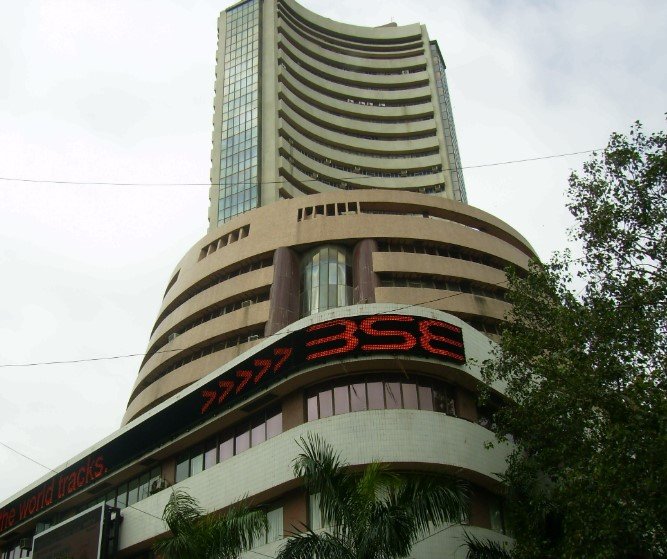Shares of Bombay Stock Exchange Ltd. (BSE) nosedived by 9% on Wednesday following a major strategic shift by the National Stock Exchange (NSE). The NSE’s announcement of moving all contract expiries to Monday rattled investor sentiment, pushing BSE’s stock further into decline. The exchange has already lost 33% from its peak, fueling concerns over its market position.
NSE’s Game-Changing Move Shakes Market Dynamics
In a bid to consolidate its market dominance, NSE revealed late Tuesday that weekly Nifty contracts, which currently expire on Thursdays, will now expire on Mondays. The decision extends beyond weekly contracts, covering monthly, quarterly, and half-yearly derivatives as well. Expiry for Nifty Bank, Financial Services, Nifty Midcap, and Nifty Next 50 contracts will also shift from the last Thursday of the month to the last Monday.
This policy change, set to take effect from April 4, is widely perceived as NSE’s attempt to reclaim trading volumes from BSE. Market analysts suggest that BSE had gained a higher market share on Fridays and Mondays—two trading days that NSE now aims to dominate. The shift could potentially squeeze BSE’s options market activity, adding to the exchange’s ongoing struggles.

Traders Brace for Volatility Amid Expiry Realignment
Market participants are now assessing the broader implications of this transition. According to NSE’s Chief Business Development Officer Sriram Krishnan, the decision aligns with the need for a more ‘optimal expiry day.’ He cited increased geopolitical developments over weekends as a rationale for moving expiries to Mondays, ensuring traders have a fresh start to the week.
- The move could lead to heightened trading activity on Fridays, as traders might prefer to close their positions ahead of the weekend.
- Analysts warn of increased Monday morning volatility as participants react to global events and economic data released over the weekend.
- The industry remains divided over whether this transition will create a more balanced trading structure or amplify market fluctuations.
Krishnan acknowledged the mixed feedback from the trading community but maintained that the decision prioritizes efficiency and liquidity. He also hinted at a potential future where all Indian exchanges synchronize expiry days to avoid excessive fragmentation.
BSE Faces Selling Pressure as Goldman Sachs Slashes Target
Adding to BSE’s woes, Goldman Sachs delivered a double blow by lowering its price target for the stock from ₹5,650 to ₹4,880 while retaining its ‘neutral’ rating. The brokerage firm cited industry-wide volume cuts as a significant downside risk, outweighing BSE’s increased market share in options trading.
Goldman Sachs further trimmed its earnings per share (EPS) estimates for the exchange:
| Financial Year | EPS Estimate Revision |
|---|---|
| 2025 | -1% |
| 2026 | -14% |
| 2027 | -12% |
| 2028 | -11% |
The downward revision underscores investor fears that BSE’s growth prospects may be hampered by the evolving market landscape. Following the downgrade, BSE shares fell another 8% on Wednesday, hovering around ₹4,090—a stark contrast to its recent high of ₹6,133.
Outlook: Will BSE Regain Lost Ground?
While BSE remains a formidable player in India’s financial markets, it now faces an uphill battle. The combination of NSE’s aggressive positioning and mounting regulatory shifts raises concerns about its ability to sustain growth. Market observers will be watching closely to see if BSE can adapt its strategy or whether further declines are in store.
With the expiry calendar reshuffled and competition intensifying, traders and investors alike must brace for a potentially turbulent period ahead.
